Small Apartment Prepper: How to Prepare for Emergencies in a Limited Space

Living in a small apartment can pose unique challenges when it comes to disaster preparedness. With limited space, it can be difficult to store essential supplies and equipment. However, with careful planning and some creativity, it is possible to create a comprehensive preparedness plan even in the smallest of spaces.

1. Prioritize Essential Supplies:

Focus on gathering the most important supplies first, such as:
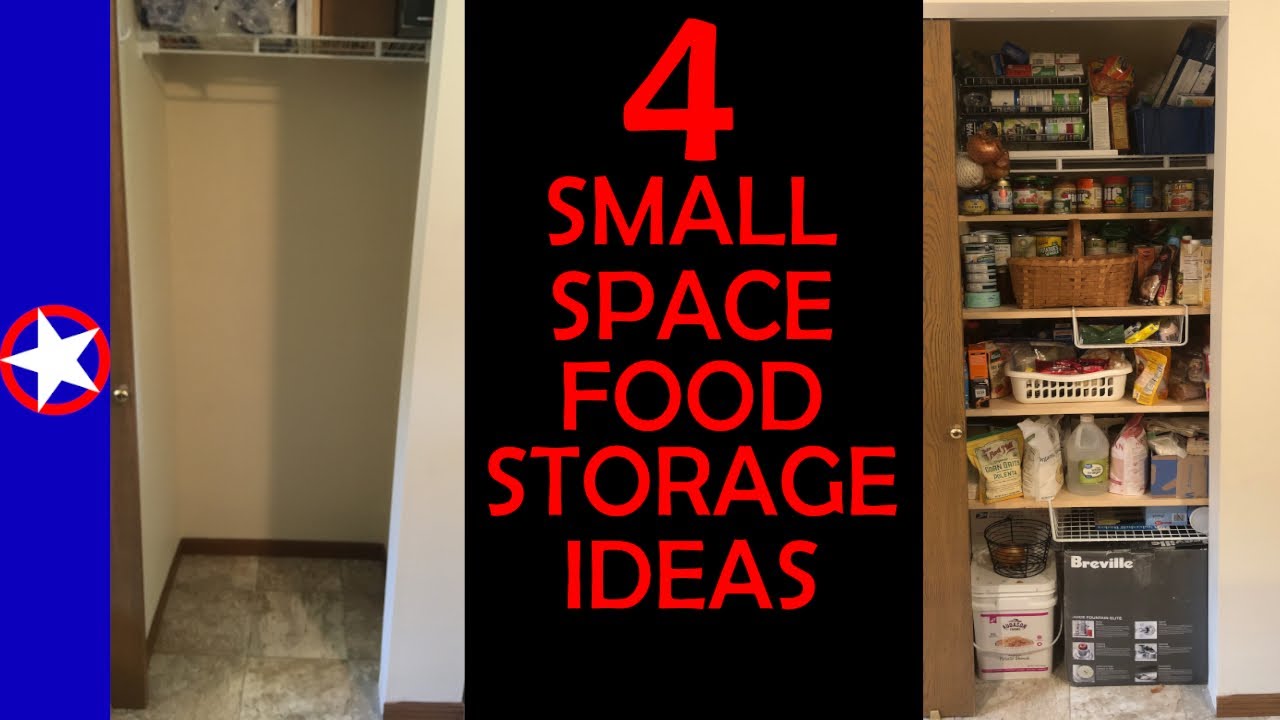
- Food and water (3-day supply per person)
- First aid kit
- Medications
- Flashlights and batteries
- Whistle
- Multi-tool
- Sanitation supplies (toilet paper, hand sanitizer)





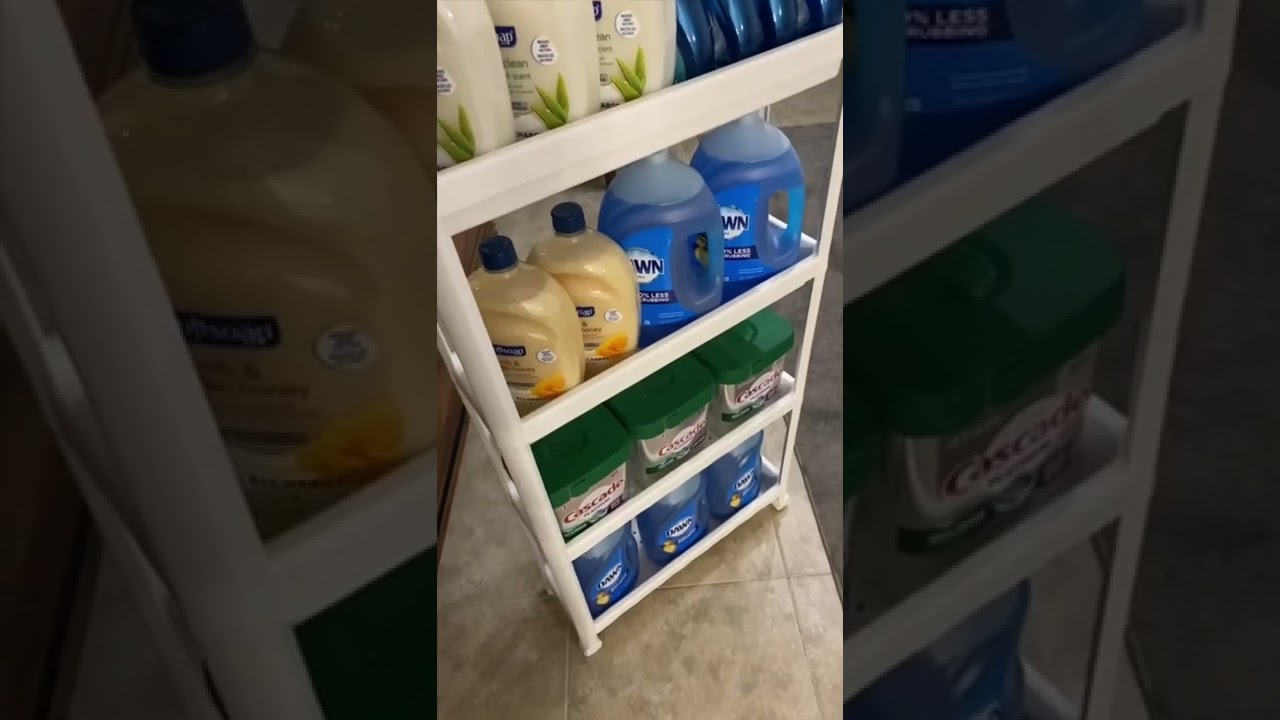

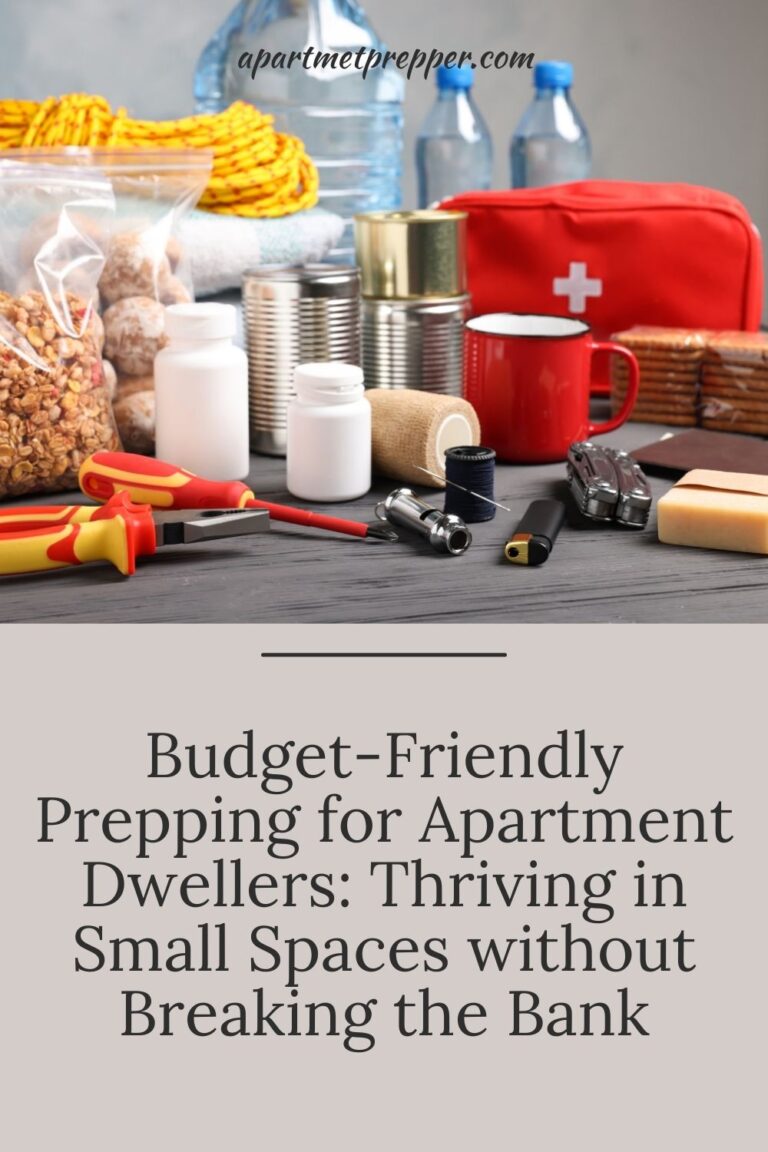
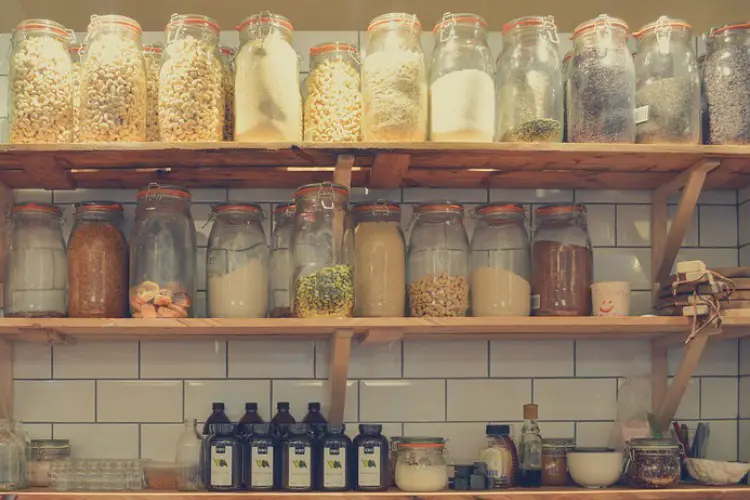
2. Utilize Vertical Space:
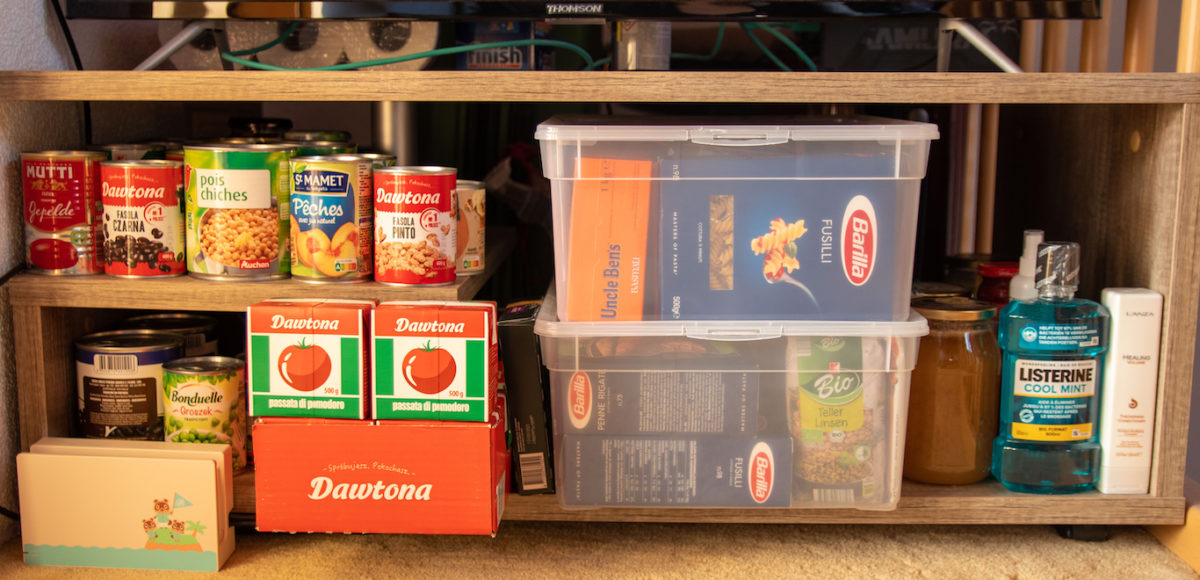
Make the most of your limited floor space by using vertical storage solutions. Consider:
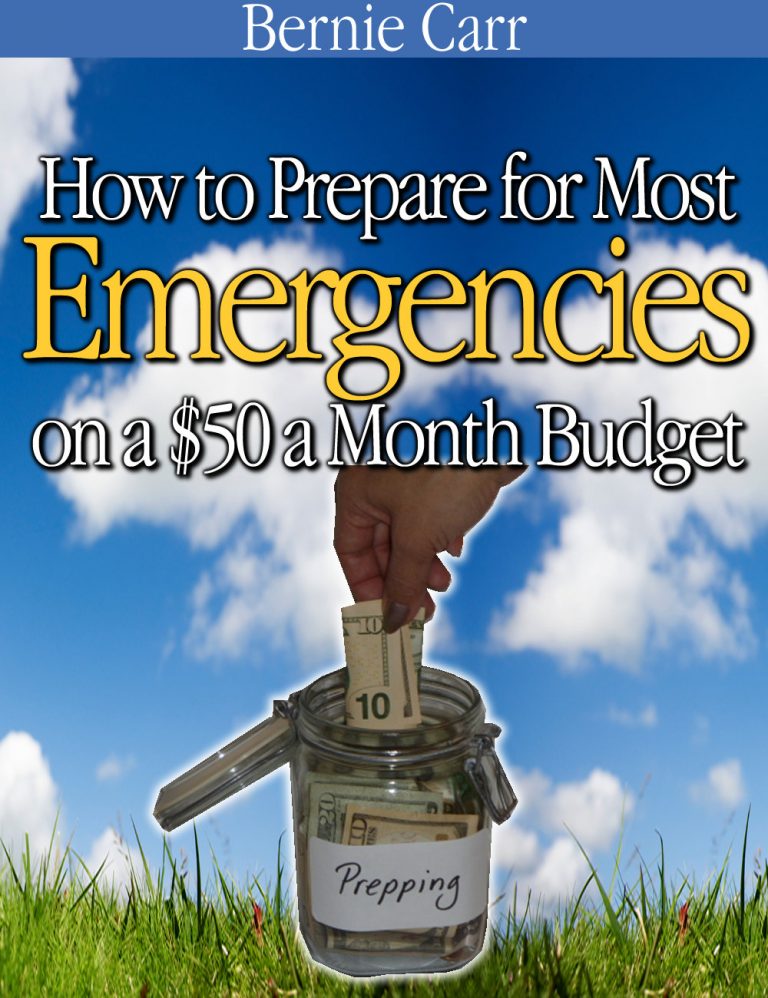
- Wall-mounted shelves for storing canned goods and other non-perishables
- Hanging organizers for storing medical supplies and hygiene items
- Stackable bins for storing water and other bulky items


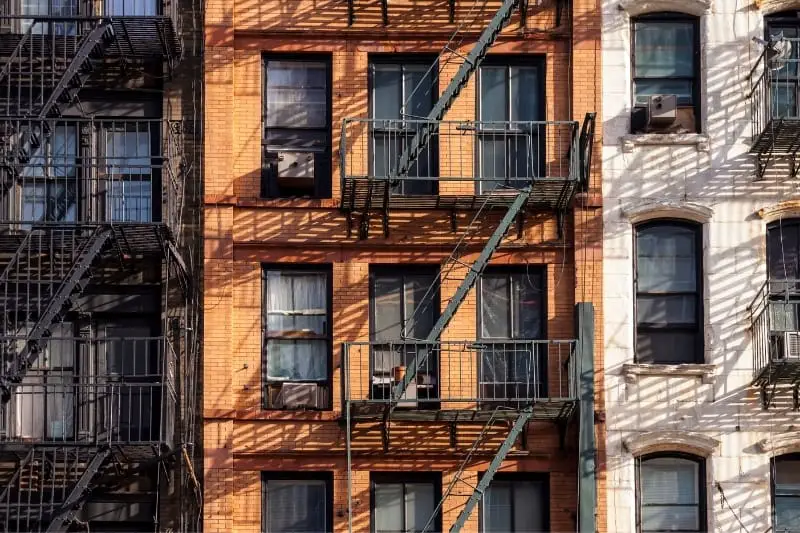


3. Multipurpose Items:

Choose items that serve multiple purposes to save space. For example:

- A backpack that can double as an emergency shelter
- A water bottle with a built-in filter
- A multi-tool that includes a knife, pliers, and screwdriver
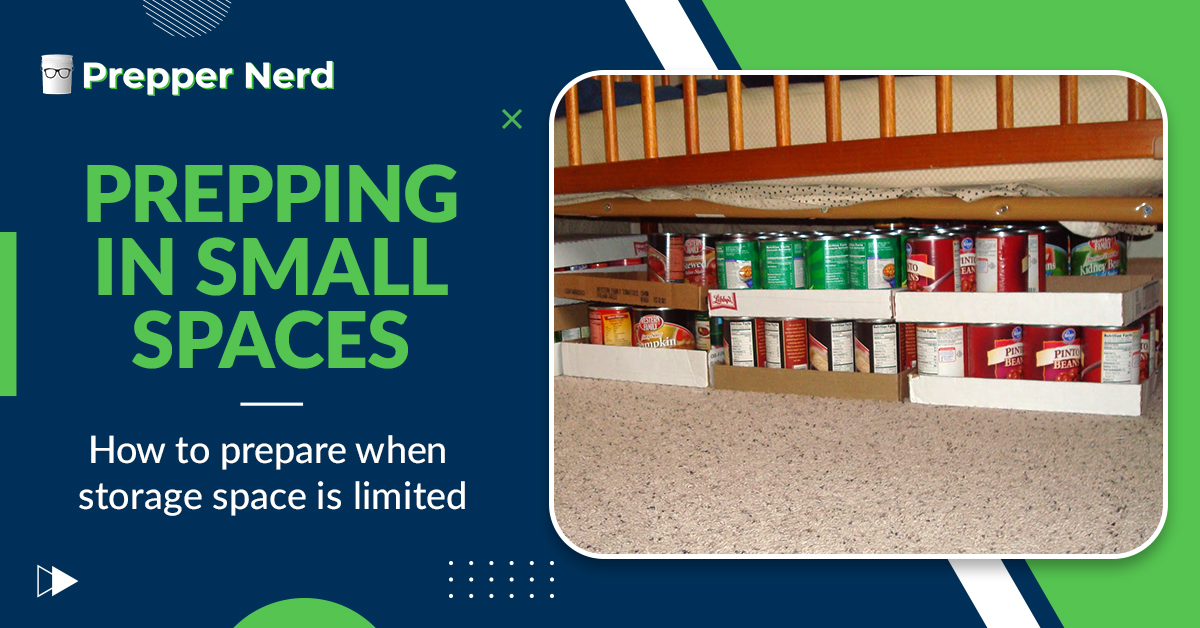


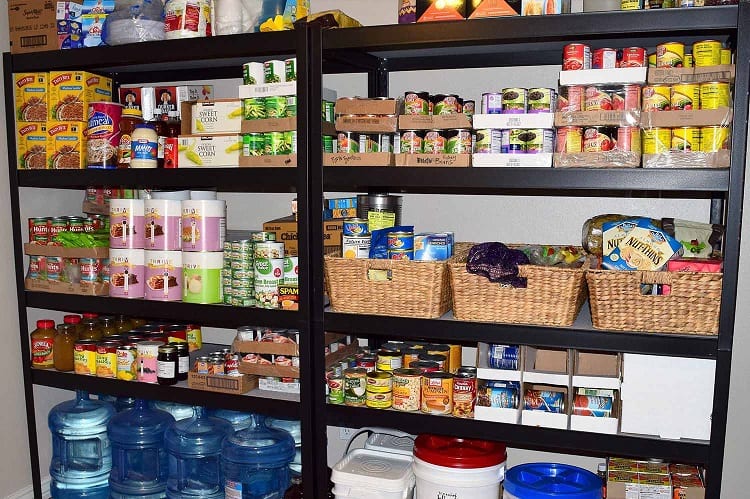
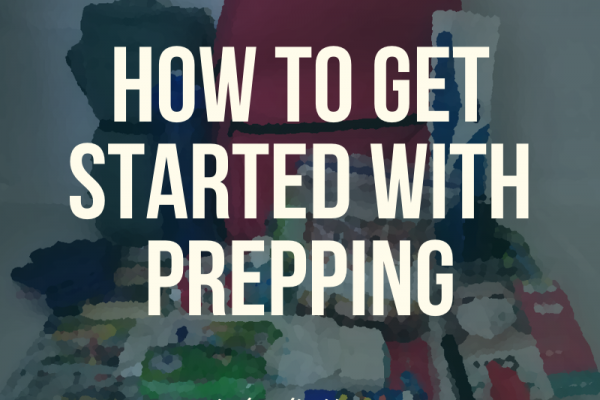
4. Under-Bed Storage:
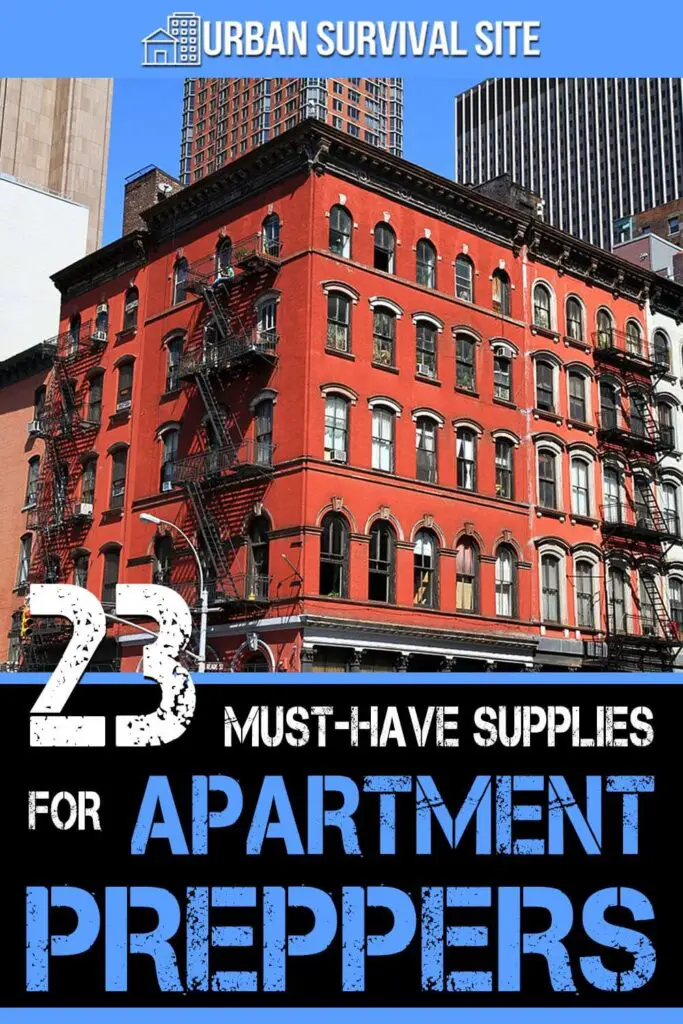
The space under your bed can be a valuable storage area. Consider using:
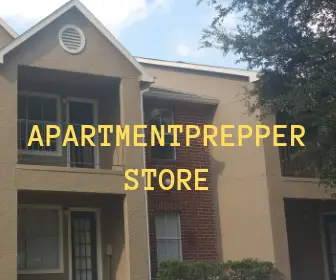
- Rolling bins for storing extra food, clothing, and blankets
- Vacuum storage bags for compressing bulky items

5. Hidden Storage:
Look for creative ways to hide supplies in plain sight. For example:
- Store first aid supplies in a decorative basket
- Keep a flashlight in a drawer or under a couch cushion
- Hide water bottles in a closet or behind a bookcase
6. Emergency Plan:
In addition to gathering supplies, it is essential to have an emergency plan in place. This includes:
- Establishing a meeting place outside your apartment
- Identifying evacuation routes
- Communicating your plan with family and neighbors
7. Practice and Maintenance:
Regularly practice your emergency plan and check your supplies. Replace expired items and rotate food and water to ensure freshness.
Conclusion:
Preparing for emergencies in a small apartment requires creativity and careful planning. By prioritizing essential supplies, utilizing vertical space, choosing multipurpose items, and finding hidden storage solutions, you can create a comprehensive preparedness plan that will keep you and your loved ones safe in the event of a disaster. Remember, even in a limited space, preparedness is possible with a little ingenuity.



